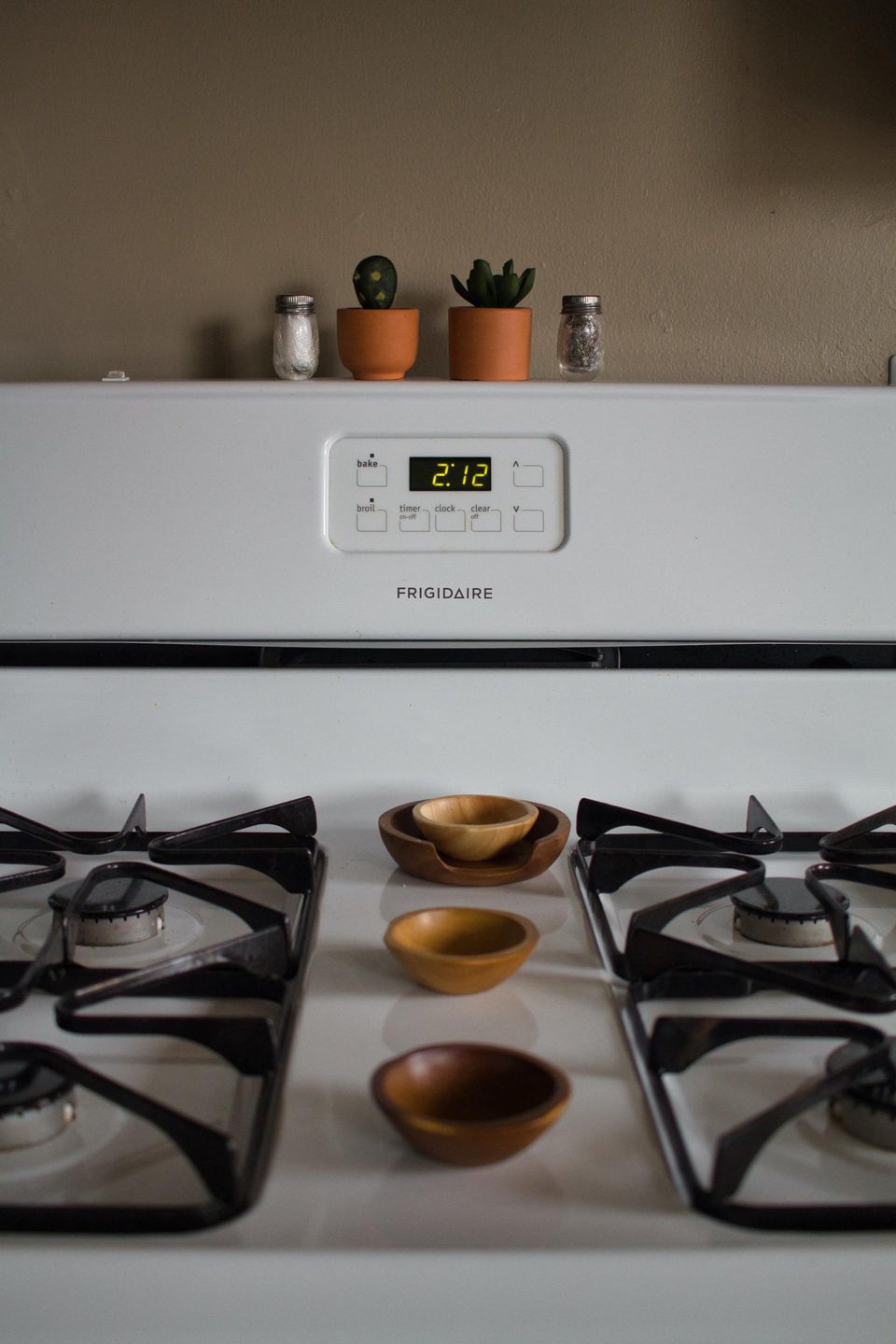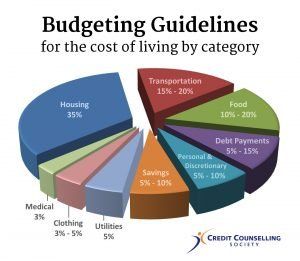Thousand Hills Realty

Fire is one of the most disastrous things to happen to any home. Once it has started, it looks for fuel to continue devastating the property and it can be deadly. The hungry flames can devour the house quickly and have no respect for anything in its path. However, most residential fires can easily be prevented. Let’s see the top 3 causes of apartment fire and how to avoid it.
Be careful with the stove burners
The stove is often the source of many home fires. Pots can overheat and can catch fire on things around the area such as dishtowels and other flammable items. A significant cause of fire in the kitchen is when you leave your stove unattended while you are cooking. Always keep an eye on your stove when it’s on; a closely attended pot never boils over or catches fire. Always keep flammable items, such as paper towels, well away from the stove, so there’s no chance of them catching aflame.
Why take a chance on being devastated by a kitchen fire when there are ways to prevent it? If you practice good safety habits in the kitchen, it will be unlikely that you’ll need to call 911.
To ensure cooking safety, be sure to follow these guidelines:
•If you are cooking, do not leave your kitchen, so that you are available to respond quickly in the event of a flare-up.
•If you are baking or roasting, check your food regularly and use a timer to monitor your cooking.
•Do not put metal objects in the microwave.
•Take care when lighting a pilot light or a burner.
•Avoid filling pots too full to prevent grease or oil spills.
•Gently heat cooking oil to your desired temperature.
•If you smell oil or see wisps of smoke, take the pot away from the stove; smoke indicates that the oil is too hot.
•Always keep a pot lid on the stove; if your pan catches fire, immediately cover the pot with the lid, turn off the burner and let the pot cool down.
If you follow these tips, you’ll be able to cook without worrying about the danger of fire breaking out.
Electrical System
Electrical fires usually happen as a result of faulty wiring or an outlet being overloaded. If you plug an appliance with a defective cord into an outlet, it might spark and may cause a fire. Make sure that your home’s wiring has been checked out by a professional electrician, especially if you live in an older house. Do not plug power into a circuit that is more than its capacity
If you’ve tried to plug in one too many holiday lights, switched on a vacuum, or cranked up a space heater only to have the lights suddenly shut off, you’ve created an electrical overload.
A visible sign of an electrical circuit overload will cause the breaker to trip shutting off all the power. Other signs can also be noticed to the following:
•Dimming lights.
•Buzzing outlets or switches.
•Outlet or switch covers that are warm to the touch.
•Burning odors from outlets or switches.
•Scorched plugs or outlets.
•Power tools, appliances, or electronics not having sufficient power.
Buzzing sounds and burning smells can also indicate other wiring problems, such as loose connections or short circuits. If any of these problems continue after you’ve taken steps, contact an electrician.
Heat Sources
Home heaters can cause a fire if fabrics are left too close to the heaters. Some heaters use fuel, such as kerosene, which can ignite if not properly watched. Always follow the instructions when you use a heating device. Inspect it before using and make sure it is in good condition. Electrical heaters may also cause fire, especially if the electrical wiring in the heater is faulty. Never leave the house with a heater running.
To help prevent a home fire caused by alternate heating sources, follow these tips:
•Keep all sources of fuel such as paper, clothing, and bedding at least three feet away from heaters, stoves, or fireplaces.
•Don’t leave portable heaters and furnaces unattended. Turn off space heaters and make sure any embers in the fireplace are extinguished before you leave it.
•When you use a space heater, place it on a level, hard and nonflammable surface (such as the tiled floor), not on rugs or carpets.
•Do not use a cooking range or oven to heat your home.
To help prevent a fire from happening in your apartment, it’s essential for you to know the top 3 causes of apartment fire and how to avoid it.




